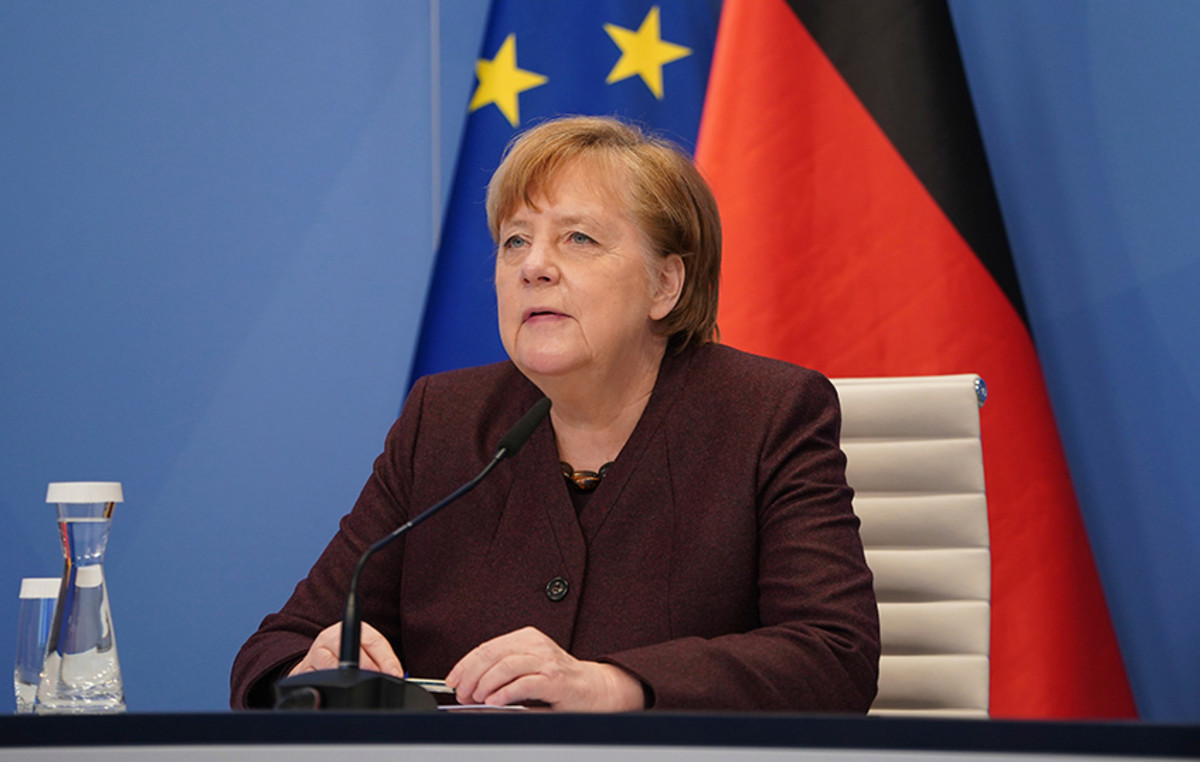Despite the prices of fuels continue to rise in Brazil amid the rise in oil prices, an interference by the federal government in the price policy of the Petrobras would not solve the problem, according to Virginia Parente, economist and professor at USP’s Institute of Energy and Environment.
In an interview with CNN this Saturday (2), she stated that “Petrobras is a company, it’s not just the government’s, it’s the government’s and several other shareholders. And as General Silva e Luna said, there are governance rules, so it is not possible to put cheap fuel prices at the expense of the company’s profit”.
For her, interference would be problematic because the state-owned company would run out of money to continue prospecting exploration sites. “And each reserve, oil well, is finite, so there is a great effort in prospecting. This investment alone is very expensive.”
Parente says that opting for an intervention in fuel prices, as happened in 2014, is to “change the very short term for the long term. It is perhaps killing the company, leaving it in debt, as we have seen in the past”.
The professor believes that it is natural for any government to have “controversial feelings” in relation to Petrobras. “On the one hand, as a partner, the government or anyone else wants to receive the largest amount of dividends, returns, as possible and with that to benefit the population, such as education, health, safety, so it matters that the company is profitable”.
“On the other hand, this majority partner has voters, and wants to look good in the picture with them, and we are all feeling very expensive fuel in our pockets.”
Therefore, she states that it is necessary to have a balance, with realistic prices but limiting the impact of the volatility of the Petroleumwhich gained more strength with the war in ukraine and must not disappear as long as the conflict lasts. An alternative cited by the professor is the creation of a price stabilization fund.
“The world will look for alternative fuels, it will give a huge boost to renewables, but it is not something that will be ready in 2, 3 months. What we are going to see in the short term is a lot of volatility, and relatively high prices,” she says.
Source: CNN Brasil
I am Sophia william, author of World Stock Market. I have a degree in journalism from the University of Missouri and I have worked as a reporter for several news websites. I have a passion for writing and informing people about the latest news and events happening in the world. I strive to be accurate and unbiased in my reporting, and I hope to provide readers with valuable information that they can use to make informed decisions.







